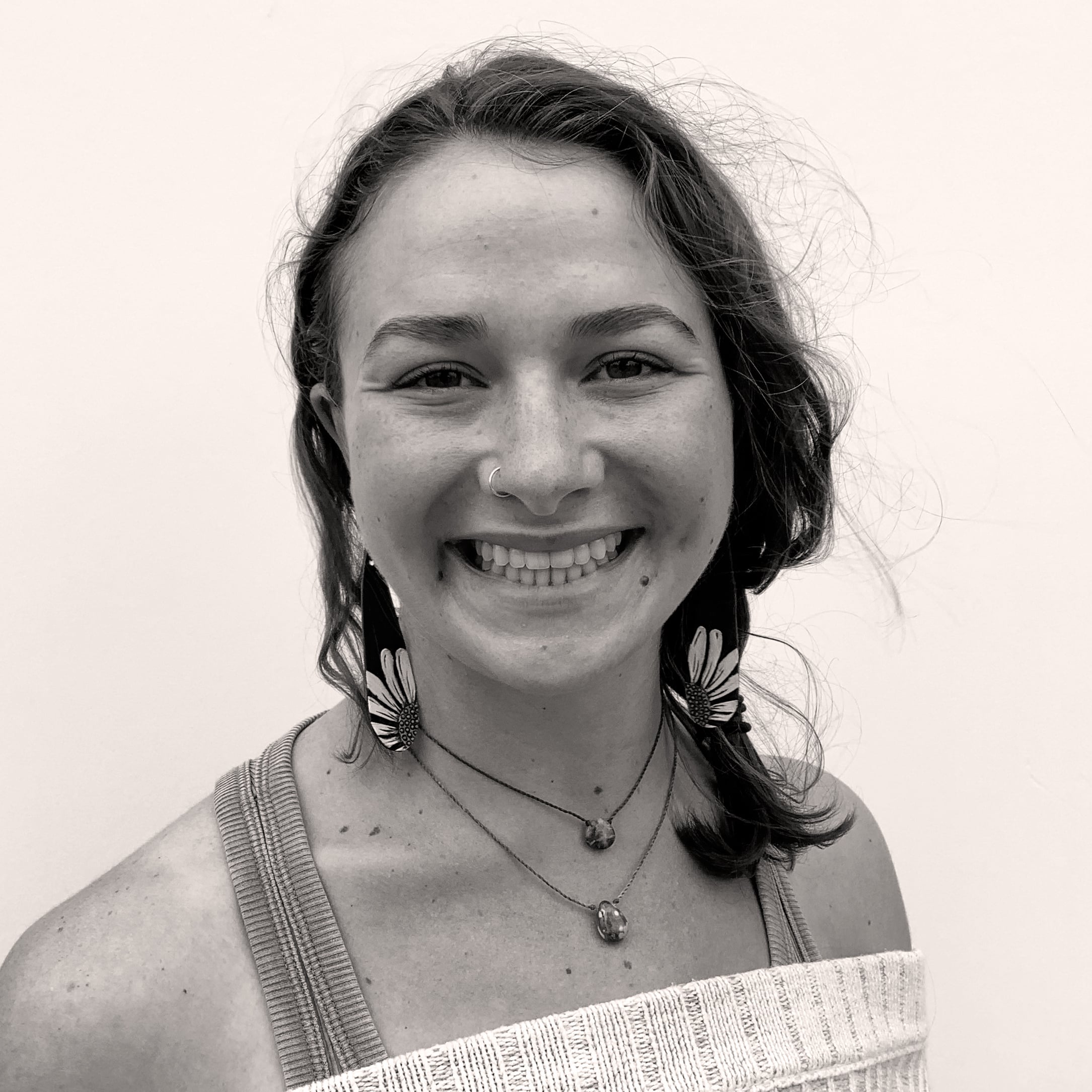Post
Intermediate wheatgrass as a dual use crop for grain and grazing
“Soil is more important than oil: inside the perennial grain revolution” – Read the new feature article in The Guardian
“Soil is more important than oil: inside the perennial grain revolution” – Read the new feature article in The Guardian

Claire Wineman was born and raised in Denver, Colorado. She is most at home in that abrupt seam where the prairie meets the mountains. In 2021, Wineman earned a degree in Geoscience focusing on soils in Environmental Science from the College of Wooster in Wooster, Ohio. Before that, she spent her middle and high school years at Denver School of the Arts, studying creative writing.
